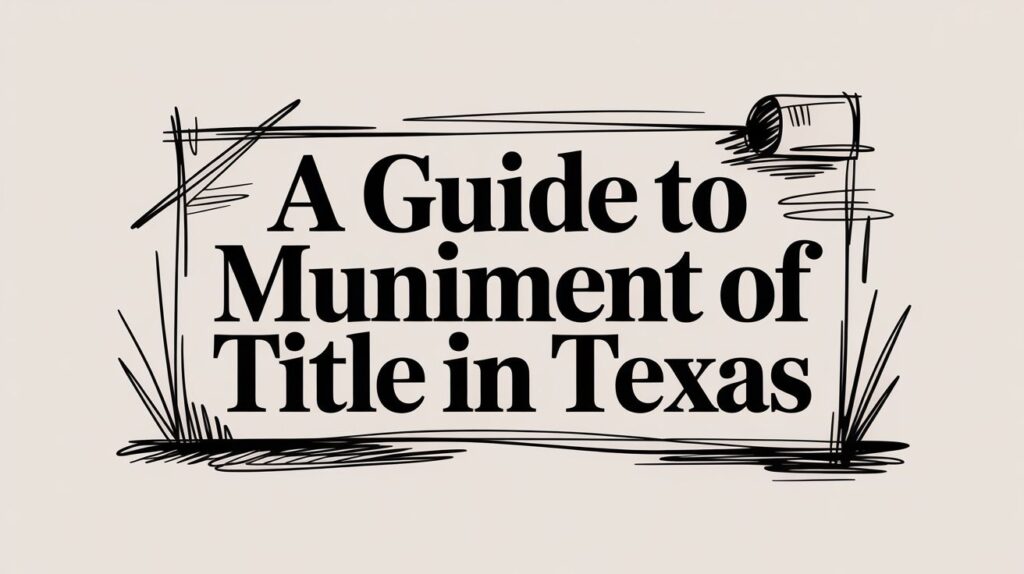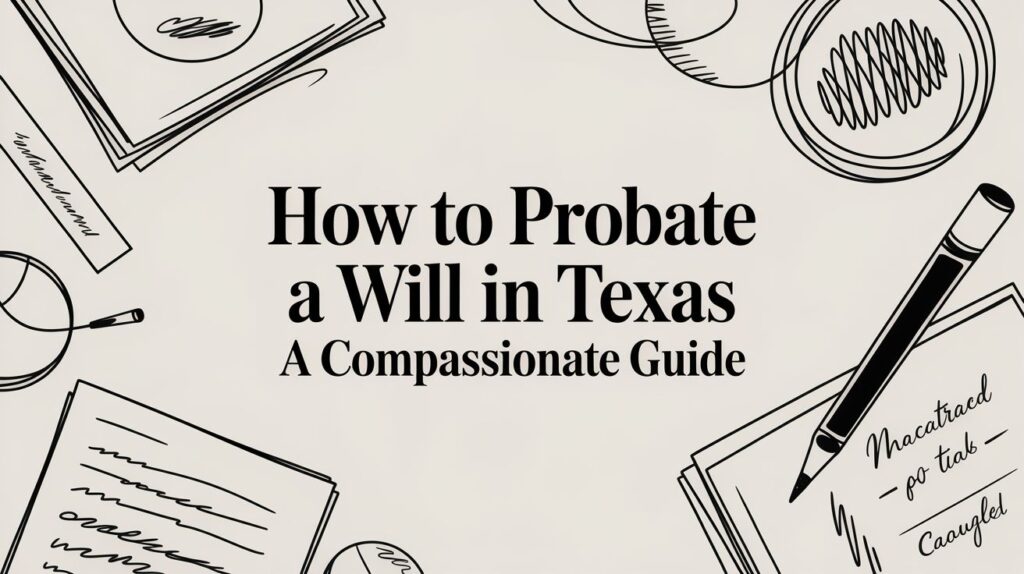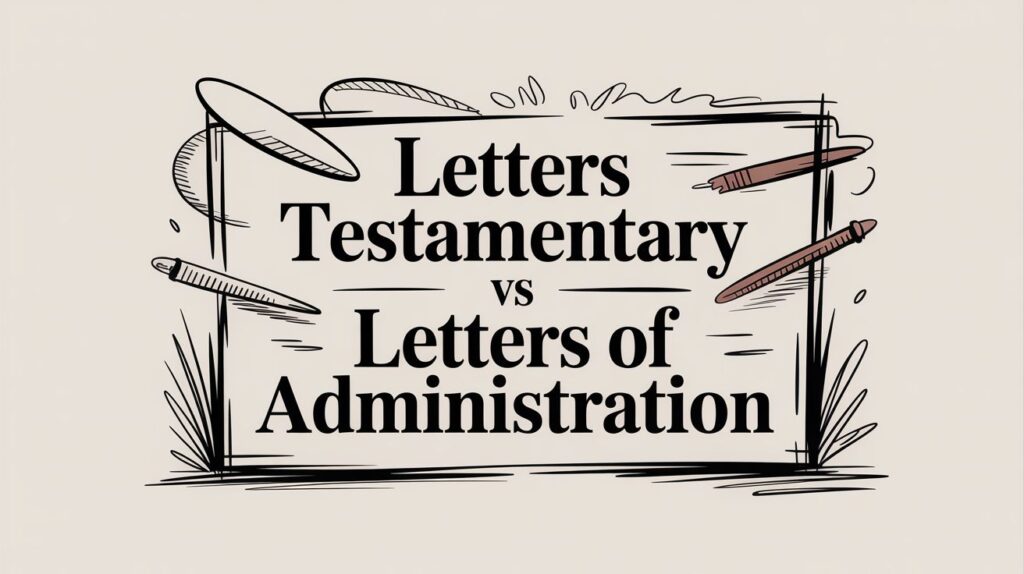Understanding the Texas Probate Process
The Texas probate process can be complex, involving a series of legal steps that must be followed to ensure the proper distribution of a deceased person's assets. This process typically begins with the filing of a will in the appropriate probate court, followed by the appointment of an executor who will manage the estate. Understanding these steps is crucial for beneficiaries and executors alike, as it can help streamline the process and avoid potential legal complications.
In Texas, the probate process can vary significantly depending on whether the deceased left a valid will or died intestate (without a will). Executors must navigate various tasks, including notifying creditors, managing estate assets, and filing necessary court documents. Familiarity with the probate timeline and requirements can alleviate stress and ensure compliance with state laws, making it essential for anyone involved in the probate process to seek knowledgeable legal guidance.
Common Challenges in Texas Probate
Probate can present several challenges, including disputes among heirs, issues with the validity of the will, and complications arising from debts owed by the estate. These challenges can lead to prolonged court battles, emotional distress, and financial strain for all parties involved. Identifying and addressing these potential issues early in the process can help mitigate their impact and facilitate a smoother resolution.
For instance, disputes over asset distribution can arise when family members have differing interpretations of the deceased's wishes. Additionally, if the will is contested, the probate process may be significantly delayed. Engaging a skilled probate attorney can provide valuable insights into navigating these challenges effectively, ensuring that the estate is settled in accordance with Texas law and the deceased's intentions.
Estate Planning: Preventing Probate Issues
Effective estate planning is essential for preventing probate-related issues and ensuring that one's assets are distributed according to their wishes. By creating a comprehensive estate plan, individuals can minimize the likelihood of disputes and streamline the probate process for their heirs. Key components of estate planning include drafting a will, establishing trusts, and designating beneficiaries for various assets.
Moreover, proactive estate planning can also address potential tax implications and provide strategies for asset protection. For example, setting up a living trust can allow assets to bypass probate entirely, saving time and reducing costs for beneficiaries. By consulting with an experienced estate planning attorney, individuals can create a tailored plan that meets their unique needs and helps ensure a smooth transition of their estate after their passing.
Probate Alternatives in Texas
In Texas, there are several alternatives to traditional probate that can simplify the estate settlement process. One common alternative is the use of a small estate affidavit, which allows for the expedited transfer of assets without going through the formal probate process, provided the estate meets certain criteria. This option can save heirs time and reduce the associated costs of probate.
Another alternative is the establishment of a living trust, which allows individuals to manage their assets during their lifetime and specify how those assets should be distributed upon their death. This method can provide greater privacy and flexibility compared to probate, as assets held in a trust do not become part of the public record. Exploring these alternatives can be beneficial for those looking to streamline the estate settlement process and avoid potential complications associated with probate.










